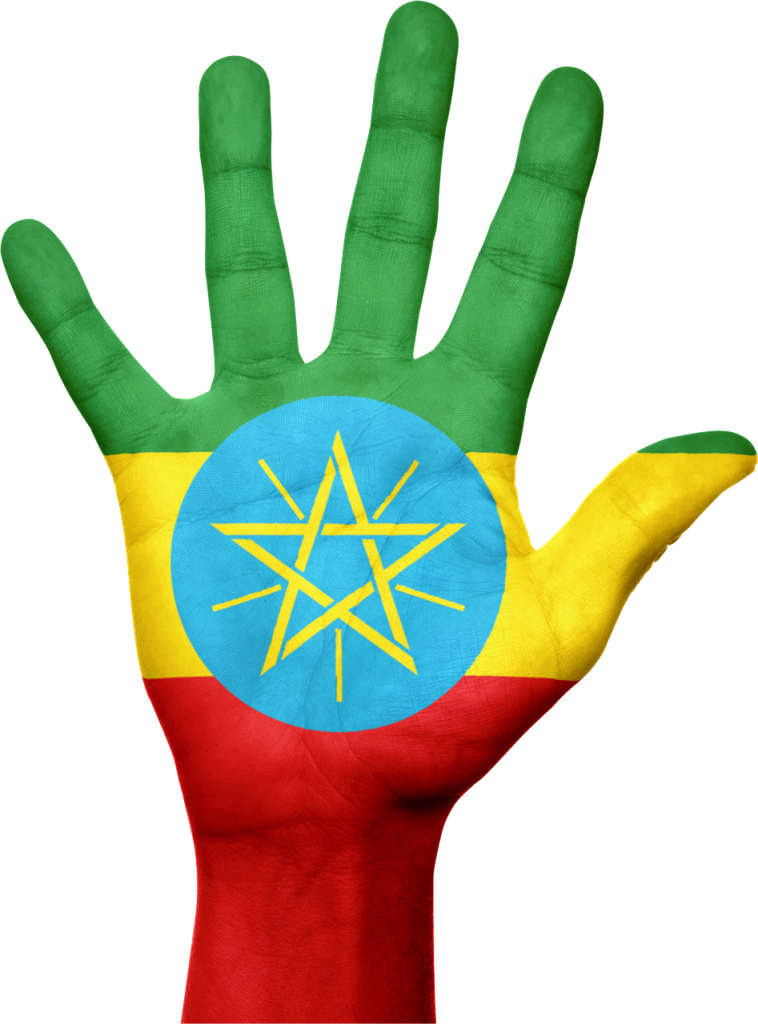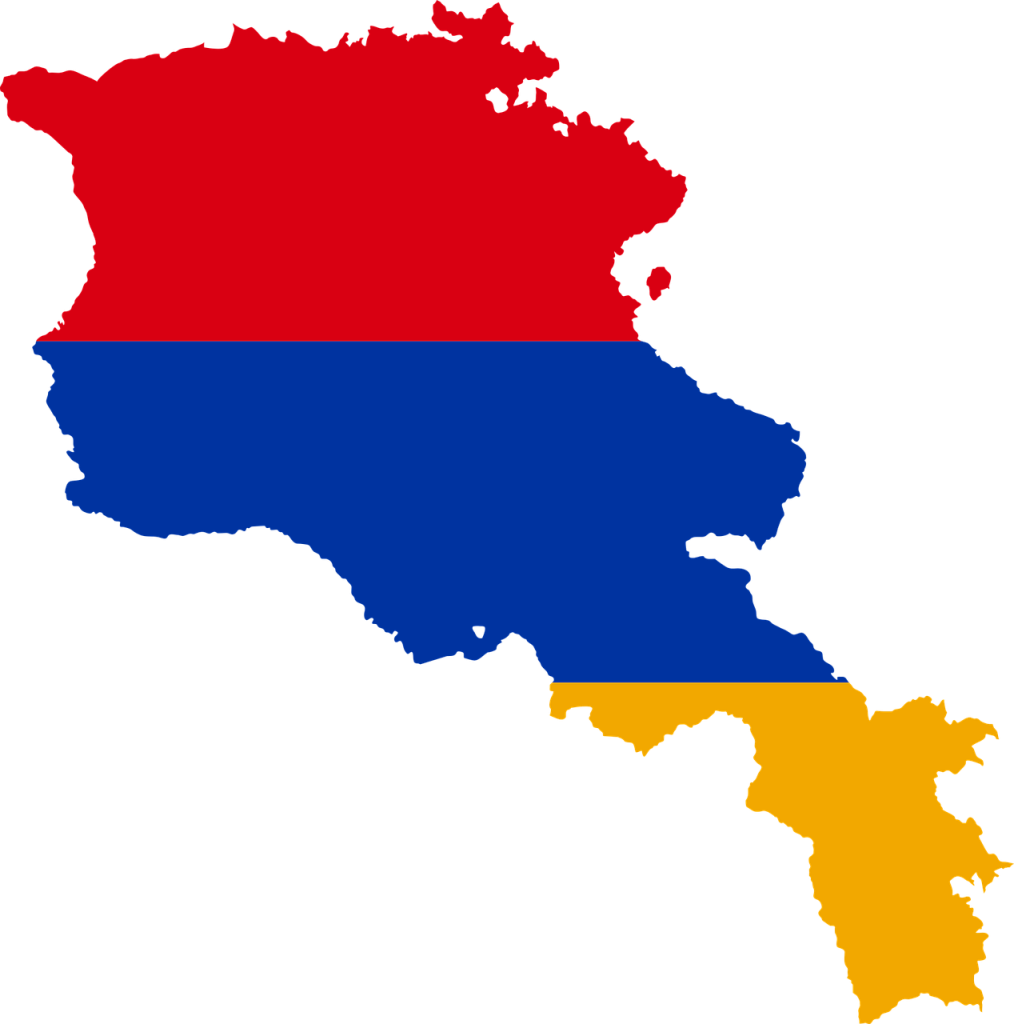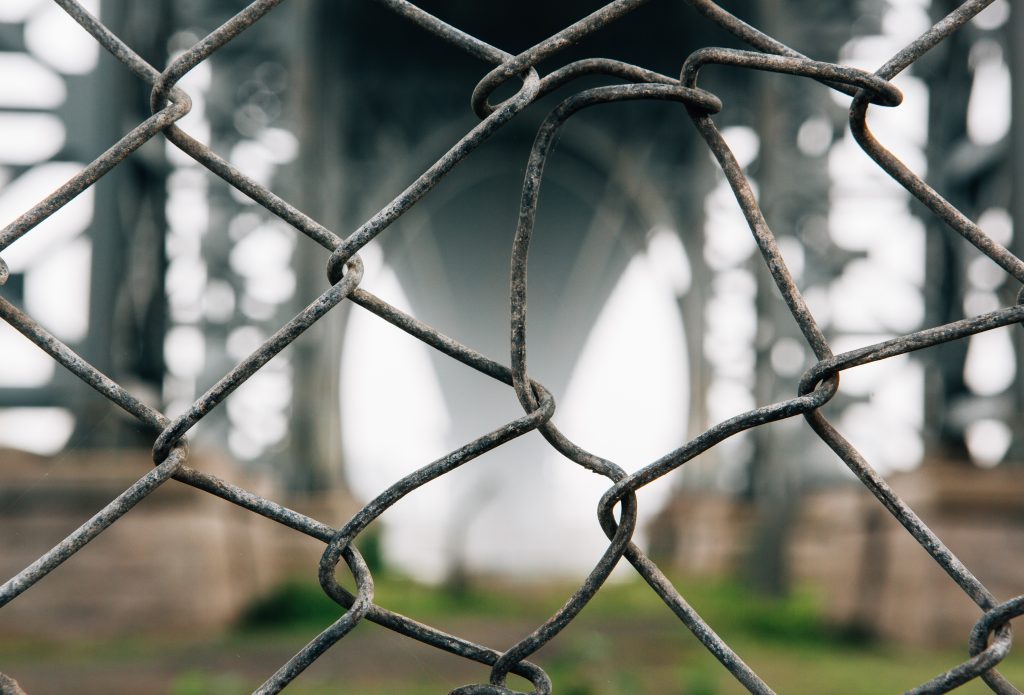NEWS FROM THE WORLD
Portuguese Youth Challenge European Governments in Landmark Climate Rights Case

Four Portuguese children and two young adults recently took European governments to court over unfulfilled climate commitments. The European Court of Human Rights heard their case, ignited by Portugal’s deadly 2017 wildfires during a scorching summer. Portugal experienced its hottest year on record in 2022. The plaintiffs argue that these governments, including Portugal, have fallen short of greenhouse gas reduction targets set by the Paris Agreement, infringing on their rights to life, health, and nondiscrimination. Despite UN pleas for stronger action, some Council of Europe nations seek fossil fuel expansion, contradicting the Agreement’s 1.5°C target. While European governments prefer domestic resolution, the European Court’s involvement is crucial, says the Council of Europe’s human rights Commissioner, in ensuring meaningful climate action. These cases are part of the wider movement linking climate action to human rights, with the Court awaiting rulings on two other climate cases this year, potentially clarifying governments’ human rights responsibilities amid the climate crisis.
Ethiopia’s Ongoing Violence and Atrocities Despite Ceasefire: Human Rights Experts’ Alarming Report

In a recent report, the International Commission of Human Rights Experts on Ethiopia warned that despite the one-year-old ceasefire agreement, Ethiopia remains embroiled in violence and atrocities. The report, spanning 21 pages, documents widespread abuses, including mass killings, rape, displacement, and destruction of essential infrastructure. Chair Mohamed Chande Othman highlighted the gravity of the situation, with violence spreading across the country. Eritrean troops and Amhara militias continue to commit violations in Tigray, while the Ethiopian government’s transitional justice process has been rushed and lacks victim engagement. The report also raised concerns about increasing state securitization and the potential for further atrocities.
Over 100,000 Refugees Flee Nagorno-Karabakh to Armenia: Urgent Calls for International Aid

Over 100,000 refugees have fled to Armenia from Nagorno-Karabakh since Azerbaijan’s swift takeover. UNHCR’s Filippo Grandi calls for urgent international aid as many are hungry and exhausted. The UN plans its first mission in Nagorno-Karabakh in nearly 30 years to assess needs. Armenian volunteers collect and distribute aid, but resources are scarce. Armenia seeks EU assistance as more than half of Nagorno-Karabakh’s population has fled, with only enough resources to resettle 40,000 refugees. So far, 100,417 people have arrived in Armenia from Nagorno-Karabakh, which previously had a population of about 120,000.
Iranian Security Forces Suppress Protests, one year after Mahsa Amini’s Death

Iranian security forces cracked down on Kurdish protests, detaining Mahsa Amini’s father, a year after her controversial death in custody sparked major unrest. The Revolutionary Guards arrested a dual national accused of inciting unrest. Despite a heavy security presence, sporadic confrontations occurred across the country. Videos on social media showed protests in Tehran and other cities, with some reports of violence. The crackdown on protests came as the UN nuclear watchdog criticized Iran’s actions. The US and UK imposed sanctions, and global support for women’s rights in Iran continues. Many have been arrested or threatened in connection with the protests.
Lebanon’s Education Crisis: Clashes Endanger Thousands of Palestinian Refugee Children

Clashes in Lebanon threaten the education of thousands of children in the Ain el-Helweh Palestinian refugee camp. Since July 31, violence has led to casualties, displacement, and the occupation and looting of eight UNRWA-run schools. Over 11,000 Palestinian refugee children face education disruption as the school term approaches. The conflict, triggered by political assassinations, has caused extensive damage to homes and infrastructure, displacing over 4,000 people. A recent ceasefire is fragile, with the potential for further fighting. It is crucial that all parties protect schools, adhere to guidelines, and provide support to ensure children can return to school safely.
Title image by ErikaWittlieb from Pixabay

